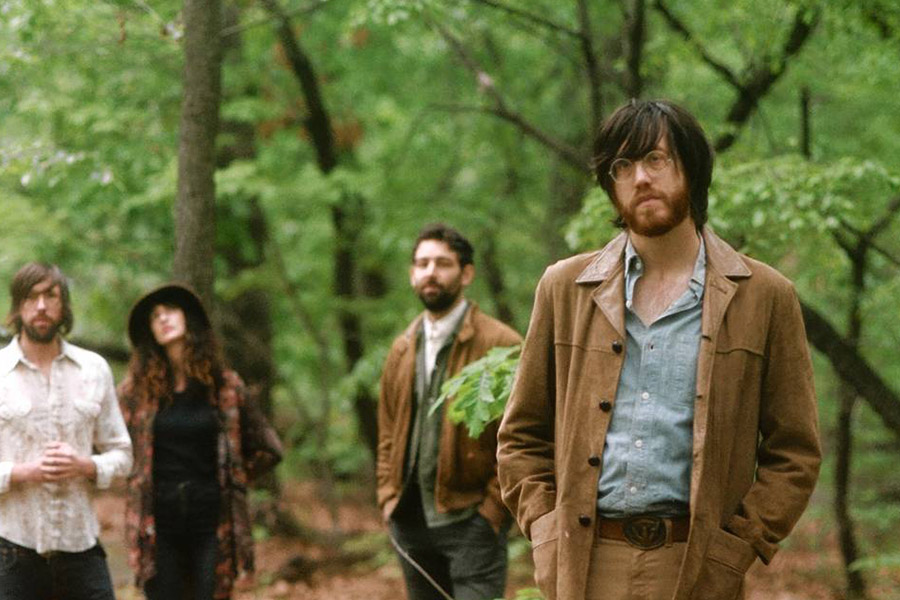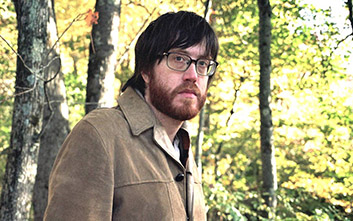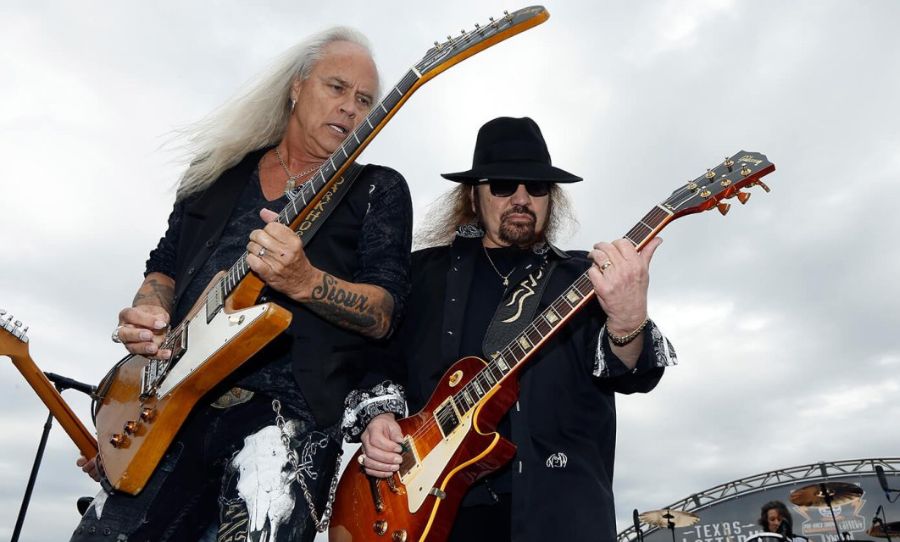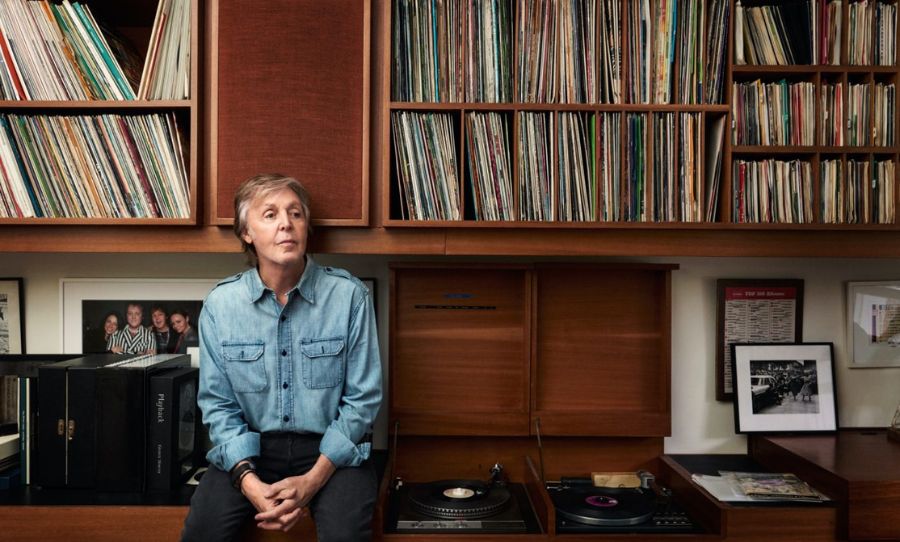Away is the first album in three years from America’s Okkervil River and it quickly becomes apparent that a lot has changed since we last heard from them.

Okkervil River are back and have dived head first into a sea of poignant, unrestricted lyricism on what could be their greatest album to date, Away.
A brief examination of recent interviews and press releases highlights a period of personal turmoil, loss and change for singer-songwriter Will Sheff.
He speaks candidly about watching his much loved grandfather pass away, the near complete disintegration of his band and losing valuable music industry relationships that he had depended on for years.
These trying experiences have undeniably etched themselves into the fabric of the new album. However, there is something much more nuanced and powerful happening here than a sad man singing sad songs about sad things.
Lead single Okkervil River RIP builds to a gorgeous crescendo with Sheff manically rifling through his most tortured thoughts until he breaks, chastises himself for wallowing, and proclaims “ I didn’t open up my mouth just to piss and moan. No way”.
It’s a truly affecting moment that illuminates the real heart of the album: the relationship between death, trauma and rebirth.
The only returning band member to feature on Away, other than Sheff himself, is drummer Cully Symington. This means that Sheff is the only remaining member from the band’s seminal, and most acclaimed, releases Black Sheep Boy (2005) and The Stage Names (2007).
Without diminishing the importance of any past members it is important to mention how this has resulted, perhaps surprisingly, in some of the act’s most interesting and varied music to date.
The most applicable comparison to other Okkervil River material would probably be fan favourite Listening to Otis Redding During Christmas from Don’t Fall in Love with Everyone You See (2002).
Some shared territory is definitely there: the delicate finger picked guitar, gradual builds, string arrangements and confessional lyrics. Away is different though. It feels looser, less considered, more complex and sophisticated. It feels brave; both in its musical direction and lyrical honesty.
According to Sheff the players were deliberately chosen from more left-field musical backgrounds (jazz, experimental and classical) to help facilitate a new direction.
The production is rich, yet still very live sounding, probably indebted equally to the short three day recording schedule as the tasteful mixing from Jonathan Wilson. Field recordings of birds, moving water, wind chimes and conversations are used to great effect to add sonic depth to certain tracks and provide vivid segues between songs.
While Away is not a concept album, in the capital “C” sense at least, these sonic flourishes act as a kind of glue that helps tie the records’ themes together.
A strong sense of time, place and mood is achieved in Call Yourself Renee when Sheff sings “You live in a hotel, you wait for a phone call, you wait for an email, you look out the window at a tree weighted down with snow. You worry about your mother, you watch a couple movies, you take an Ativan, you walk down a Rapid City street alone”.
You are right there with him; isolated and wandering. Specificity has always been a particular strength of Sheff’s songwriting and the production and accompaniment deftly lend themselves to this approach.
Music, along with some of its associated pitfalls, are prominent themes on the album. This isn’t surprising in and of itself; its territory that Sheff has explored on previous records. However, his focus here is less concerned with musical myth and lore and more on his own search to find meaning and acceptance in the wasteland that is the 21st century music industry.
The Industry is about how quickly a critical darling can find himself out in the cold, staring in at a party he is no longer invited to. When examined alongside the accompanying video clip it appears that Sheff may be taking a coded dig at music blog Pitchfork and the lukewarm 6.8 grade that was assigned to his last album.
It’s even plausible that the character being addressed in the song, the other “country hick”, is Tennessee native Stephen M. Deusner who has been responsible for almost all of Pitchfork’s Okkervil River reviews.
Frontman in Heaven is a similarly caustic song that focuses its scorn inwards rather than outwards and mixes in a little dark humour: “it’s going to be a funky fresh Christmas and I just don’t think I can handle it, when there is so little dignity in anything”.
Both of these songs demonstrate a real shift in perspective from Sheff, someone predominantly known for writing from the perspective of characters other than himself. This personal style of songwriting appears to have had a rejuvenating effect and the album benefits greatly from it.
On Away Sheff claims that back in 1996 he was willing to raise his fists in defence of his favourite albums. Most music lovers, no matter how jaded and cynical they may have grown, can reminisce on a time in their own lives when they were filled with a similar all consuming devotion.
This album deserves that kind of devotion, and while I would rather not raise my fists, I just might. At least to finish typing this. Make no mistake, this is a fantastic album and possibly the best of Okkervil River’s career.



